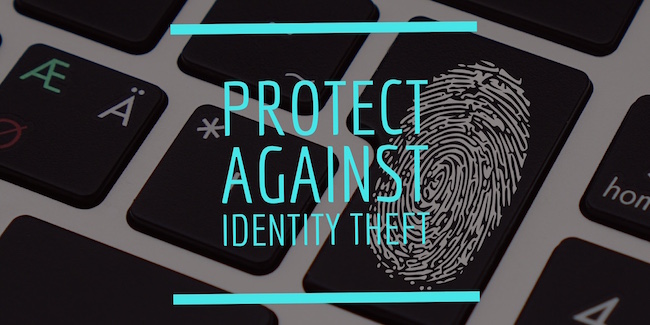Identity theft is a serious problem, and it is getting even worse. Last year, reports of identity theft surged over 50 percent from the previous year. Identity theft can be costly, too. A criminal who assumes your identity can rack up thousands of dollars of fraudulent charges on your credit card, wreck your credit rating, and cost you hundreds of hours and peace of mind as you attempt to combat the fraud and restore your good reputation. It doesn’t have to be that way, however.
Here are four tried and true steps you can take to help protect your personal information, and prevent criminals from stealing your identity.
Table of Contents
ToggleDon’t Leave a Paper Trail
Your papers – bank or credit card statements, bills, receipts etc. – are a treasure trove for identity thieves. They will often root around in trash or dumpsters to retrieve them, and then use the information to steal your identity, order more credit cards in your name, and wreak havoc with your finances. You can beat them at their own game by shredding everything. Buy a good crosscut shredder that absolutely destroys all of your paperwork and make a habit of shredding all of your documents when you are done with them. Develop the self-discipline to save receipts, ATM stubs, and the like while you are away from your house, and have a system for shredding those upon your return as well.
Review Your Credit Report
A skilled identity thief may be able to remain undetected for months or even years, slowly draining your bank accounts and gradually moving you to a financially untenable position, without you ever knowing about it until it is too late. One of the best ways to guard against this is by monitoring your credit.
If you subscribe to a credit monitoring service, you will be able to instantly detect any major changes to your credit rating. If you do not want to subscribe to a service, everyone is eligible to receive one free credit report per year. Take advantage of the free report, and use it to detect identity theft issues before they can cause you real harm.
Secure Your Papers and Electronics
You cannot shred everything, as much as you would like. So make sure you have a secure place to store important documents with sensitive personal and financial information that you plan to keep. Make it as difficult as possible for would-be identity thieves to obtain your important papers. Consider investing in a locking file cabinet, safety deposit box, or even a safe, and make a habit of securing your papers there after you are done reviewing them. Additionally, keeping your digital information secure is equally, if not even more important. Invest in a good firewall and antivirus software, and ensure you keep it updated at all times. Choose strong passwords for your electronic devices and update them frequently. Finally, if at all possible, try to limit the amount of sensitive personal information you store on your computer, regardless of how secure it is.
Don’t be Too Social
There are a multitude of social networks out there, and they are a happy hunting ground for identity thieves.
- Make sure that you do not overshare on these sites, and leave yourself vulnerable.
- Refrain from posting personal data that could be used to steal your identity like your home address, or personal info like your date of birth or SSN.
- Be wary of unsolicited friend requests from people you don’t know, the request may be a phishing scam.
- Check your privacy settings on each social network platform you use, and make sure you know who can see your data.
- Read the terms of service each time a social media website changes them, so you know what the platform plans to do with your personal data.
Here’s to Protecting Yourself Against Identity Theft!















